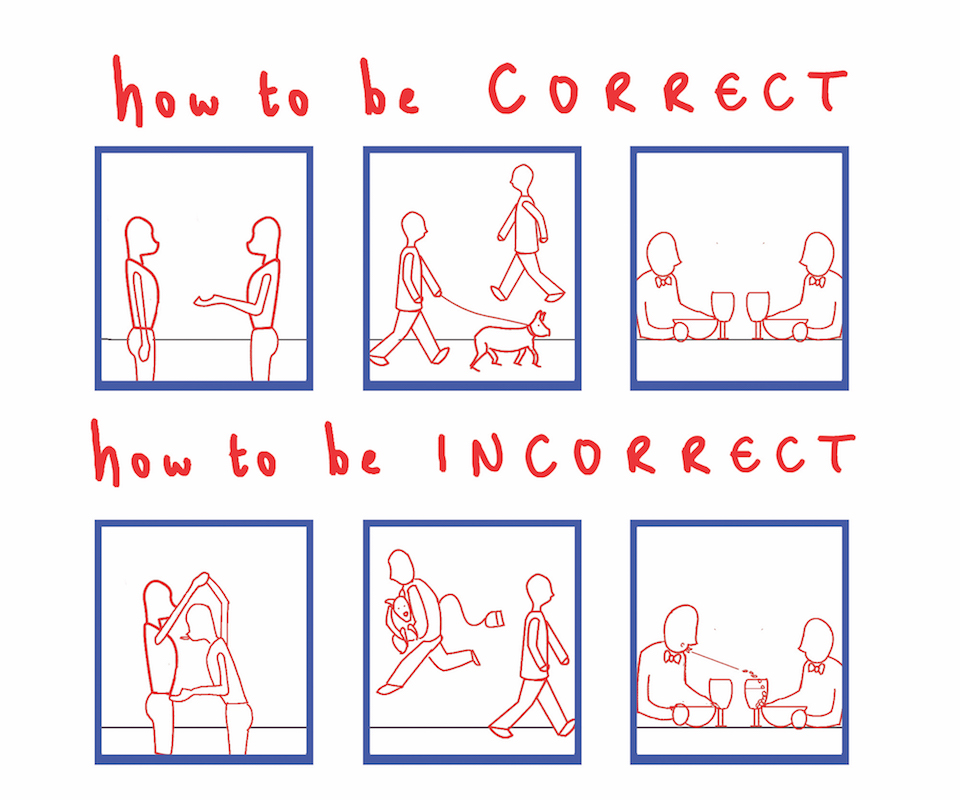[dropcap]F[/dropcap]or as long as I can remember, I have felt uncomfortable with the practice of political correctness. In secondary school, I remember arguing about this matter with a friend. She said that political correctness was necessary so as to be sensitive and respectful of people’s differences — a means to social cohesion.
Some stringent opponents of political correctness claim that the practice obstructs freedom of speech. They argue that political correctness is censorship of language that whitewashes their ability to say what they truly believe.
I am not suggesting we accept political correctness, but I do feel that it is necessary to understand it. I think the idea is aptly described in a Truthout article by Christopher Petrella and Justin Gomer, who wrote that, “Contrary to the claims of corporate media, political correctness isn’t a progressive project insisting upon sensitivity for traditionally marginalized communities; it’s a conservative strategy that sets and polices the parameters of acceptable racial redress.”
The narrow view of what is and what is not politically correct is that it is a framework to guide what we can and cannot say. On a deeper, more sinister level, it may enable people to avoid discussing issues that make them uncomfortable, by using bland terms to discuss troubling topics. The result of this is not respectful coexistence. In my view, political correctness can be used as a strategy to silence marginalized people from using forceful rhetoric, and gives privileged people a language to discriminate in an acceptable manner.
A further problem with political correctness, is that it stagnates real progress that comes from speaking about uncomfortable truths. It prevents people from having open discussions. It silences the oppressed, and keeps the privileged comfortable.
I recently moved to Toronto from England. Racism is subtle here; I feel that people adopt politically correct language to mask its presence. My experience in Toronto is that people here don’t like to admit that there is a racial problem. I have frequently encountered praise of Toronto’s multiculturalism, especially compared to the racism in the US. These mentions of multiculturalism sidestep any meaningful discussion of racism. It is amazing to live in a city that is comprised of people from so many backgrounds, but a lack of critical thinking regarding racism breeds complacency, and makes it easier to overlook microaggressions and other forms of subtle racism.
I’ve noticed that white people in Toronto — more so than in Manchester or London — will tend to clearly acknowledge their privilege. While most are well intentioned, they often speak in place of those who are silenced. It seems as though acknowledging privilege has become a rhetorical tool taken from the vocabulary of political correctness that allows dominant voices to take up space.
Instead of politically correct conversations, we need honest discourse. To respect the people with whom we live, we need to be prepared to learn from one another. We live in a deeply troubled world and we should not celebrate language that allows us to pretend otherwise.
